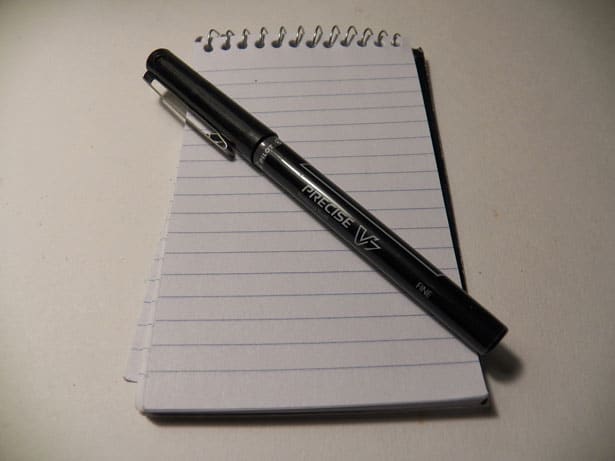Marthélize Tredoux: The role of the wine writer
By Marthelize Tredoux, 30 July 2015
 Winter is a quiet time in the winelands; vines are resting and tasting rooms enjoy a brief respite from the mad rush of tourists that descend in warmer months. Nevertheless, the past few weeks have seen a bustle of “internal” activity – from judging wine competitions to award ceremonies. One such occasion was the Wineland “Show me your ID” seminar: a number of panel discussions focusing on different topics (viticulture, marketing and international trade). Consensus was that the day was a great success, with interesting content and thought-provoking chat. #WinelandSem even trended on Twitter.
Winter is a quiet time in the winelands; vines are resting and tasting rooms enjoy a brief respite from the mad rush of tourists that descend in warmer months. Nevertheless, the past few weeks have seen a bustle of “internal” activity – from judging wine competitions to award ceremonies. One such occasion was the Wineland “Show me your ID” seminar: a number of panel discussions focusing on different topics (viticulture, marketing and international trade). Consensus was that the day was a great success, with interesting content and thought-provoking chat. #WinelandSem even trended on Twitter.
I wasn’t there but after chatting to a number of people who attended, some bees started buzzing around in my bonnet. I kept coming back to one question: the seminar was clearly successful and informative – but now what? A very human failing is the tendency to feel so good about thinking through and talking about issues that we just sort of stop there, basking in the glory of the intellectual effort that was just put in and being so pleased with it that the move to action is never quite achieved.
Instead of looking to the usual suspects to answer the “now what” question (the VinPros, the WOSAs and any other organisation with “wine” and “South Africa” somewhere in the name or tagline), I looked at my little slice of the wine world: wine writing.
I’ve been scribbling about wine for a little while now. It’s a fascinating topic – writing about wine alone provides near-endless source material. Delve into the industry, the science and the people around it and you’ll never get bored. Yet I’ve never given much thought to the role of wine writers in the tableau of the local wine scene.
My question then: do wine writers have a role in and responsibility to the industry – and if so, what does it entail? Short answer: yes. Every word published – be it in print or online, by old school critics and journals or new wave bloggers and young wine writers – is a communication to the public about the state of wine in South Africa. With all the local industry is trying to achieve in terms of building relationships with the consumer, this is no small duty. Wine writers are (mostly) independent communicators, both within the industry and between the world of wine and the public out there. The responsibility is to continue the conversations that start at industry seminars and round-table discussions. The responsibility is to take topics that are swept aside for the sake of convenience (the recent brouhaha around wine listing fees, for example) and push them to the front.
But the responsibility is also to be mindful of what is written, and how it is written. It’s not all investigative journalism. Not every article on wine needs to be serious, ground-breaking or earth-shatteringly technical. It’s WINE, for crying out loud. The very substance notorious for inspiring bad prose and drunken, inappropriate declarations of love. Sometimes it just needs to be whimsical and entertaining, a little puff of inspiration to share with the world and show that you don’t have to be a wine anorak to enjoy a bottle or two, and that even wine anoraks know how to have fun.
Whichever wine writing wheelhouse one falls into (proper 100-point scoring wine critic, opinionated young upstart, technical boffin, gifted wordsmith, any or all of the above) the responsibility to be honest is paramount above all others. Be critical when required, give kudos where it’s due. Point out what’s being done right and, equally so, what’s being done wrong. The latter especially is a big ask – some are afraid of proffering criticism for fear of being disliked (or perhaps more aptly, for fear of being kicked off the media list).
And perhaps most importantly, wine writers are the storytellers. The “narrative” is a term trotted out with reckless abandon by the PR companies and marketing departments but that doesn’t lessen its meaning. Wine often derives its magic from the stories around it but it isn’t all romance of years gone by and dusty old bottles on the shelves. Even the strategic discussions and seminars form part of the story, so isn’t it time we start telling it?
- Marthélize Tredoux is the co-owner and editor at Incogvino. By day, she helps SA wineries sell their wine in the USA. She won a wine writing award once.








Comments
0 comment(s)
Please read our Comments Policy here.